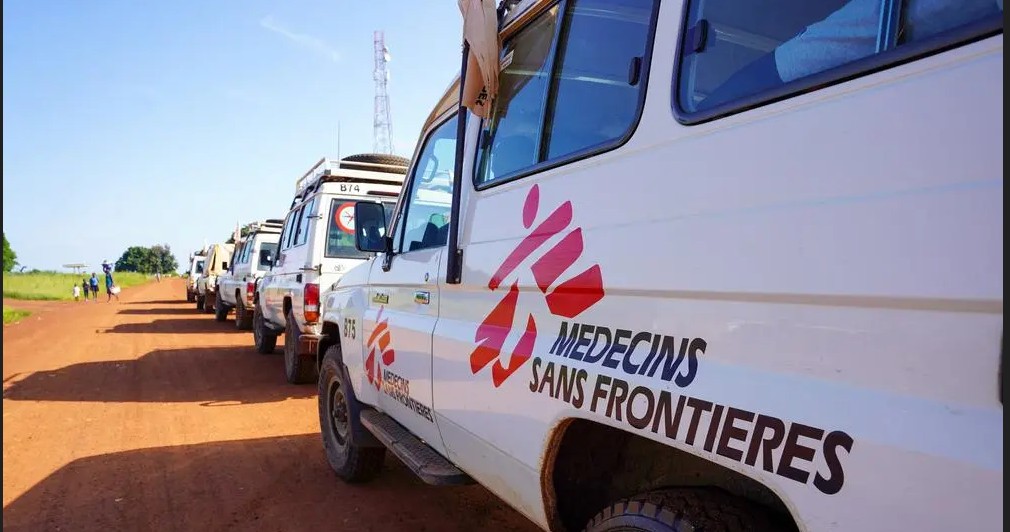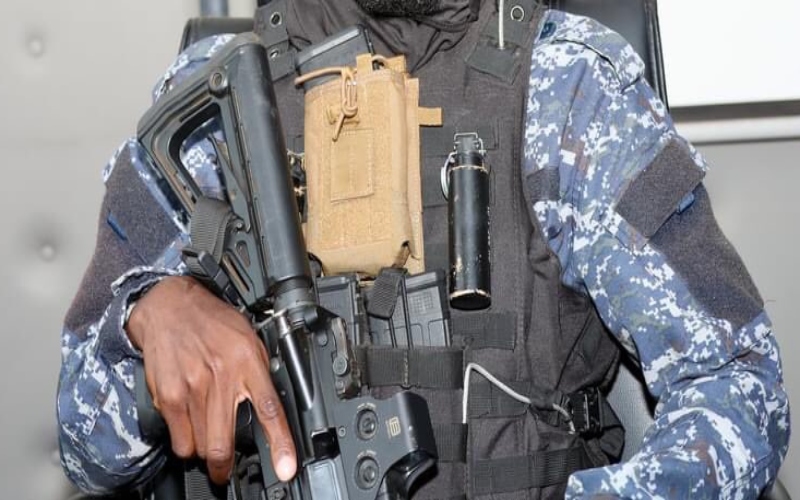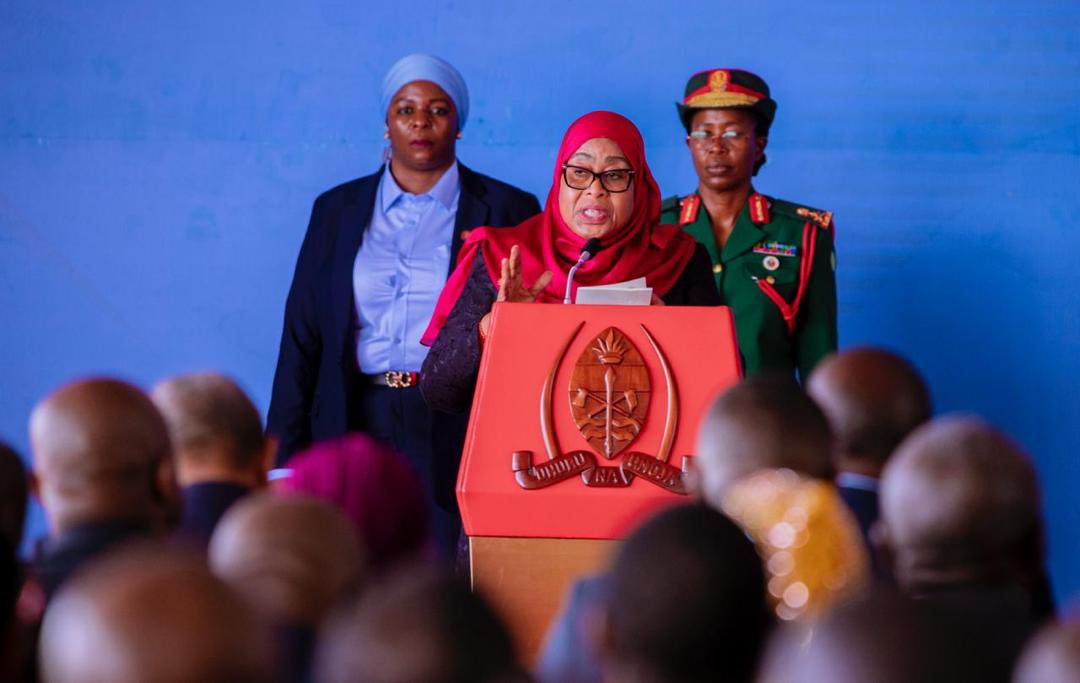MSF raises alarm over extreme malnutrition as Sudan crisis deepens

Thousands of families live in makeshift camps with little access to clean water, food, or hygiene services, leading to a cholera outbreak and rising child deaths.
Médecins Sans Frontières (MSF) teams are warning of extreme levels of malnutrition in Sudan, a crisis driven by overlapping factors including inadequate food, disease, insecurity, loss of livelihoods, and unsafe living conditions.
Starving civilians fleeing atrocities committed by the Rapid Support Forces (RSF) in El Fasher towards Tawila are among those most affected. MSF doctors report witnessing acute malnutrition at unprecedented levels, describing it as the most severe example of Sudan’s malnutrition crisis since the war began.
More To Read
- UNHCR warns of deepening humanitarian crisis in Darfur, Kordofan
- Sudan war: Aid teams plead for access to thousands trapped in El Fasher
- Kenya reaffirms commitment to political solutions for regional conflicts
- Families in Sudan ‘running out of time’ as hunger spreads
- Sudan’s war-tested university: How Mashreq kept students learning amid conflict
- Sudan war: Women endure starvation, rape and bombs fleeing El Fasher
Their findings confirm fears that famine has devastated El Fasher, which was besieged for more than 500 days, and align with the recently released Integrated Food Security Phase Classification (IPC) report that identified famine in El Fasher and Kadugli, North Darfur.
“For months, MSF teams in Tawila have been treating malnutrition among patients who fled El Fasher, but rates are now staggering. Among children under five who arrived between October 27, when RSF seized control of El Fasher, and November 3, over 70 per cent were acutely malnourished, with 35 per cent suffering severe acute malnutrition. At the same time, 60 per cent of the 1,130 adults screened were acutely malnourished, 37 per cent of them severely so. Rates are even higher among pregnant and breastfeeding women,” MSF said in a statement.
Since the start of the year, half of the 6,500 pregnant women seen by MSF for prenatal care were acutely malnourished, 15 per cent severely and 35 per cent moderately, putting their children at serious risk of being born underweight or malnourished.
The situation has become so dire that some civilians have resorted to eating animal feed.
“We were so hungry we began eating ambaz (animal feed). At first, it was free, then we had to buy it for $8 (Sh1,032) per 1.5kg, rising to $20 (Sh2,580) in June,” a displaced woman told MSF in North Darfur.
MSF added that those attempting to bring food into El Fasher were shot by RSF fighters. Many remain stranded, held for ransom, and unable to escape. The organisation has called on RSF and its allies to halt atrocities and provide safe passage for survivors.
Survivors arriving in Tawila described unbearable conditions in El Fasher: no access to food as community kitchens shut down, humanitarian aid was blocked, and markets were shelled and depleted. In September, 7kg of millet cost $208 (Sh26,832), while 1kg of sugar cost $54 (Sh6,966). Even in Tawila, accessing or affording food remains a major challenge.
Beyond El Fasher, MSF notes a widespread deterioration in children’s nutrition across Sudan.
“Right across Sudan, more can be done to reduce the suffering caused by malnutrition. We call on all warring parties to allow humanitarian organisations safe and unimpeded access to increase services and help reduce this crisis,” said Myriam Laaroussi, MSF emergency coordinator.
In Blue Nile State, the arrival of Sudanese returnees from South Sudan since June has stretched fragile resources. Thousands of families live in makeshift camps with little access to clean water, food, or hygiene services, leading to a cholera outbreak and rising child deaths.
Between July and September, MSF treated 1,950 severely malnourished children at Damazin Teaching Hospital; 100 died, many from combined cholera and acute malnutrition.
In Khartoum State, malnutrition worsened from June as thousands of returnees lacked water and healthcare. Al Buluk Hospital in Omdurman admitted 351 malnourished patients in September, while Al Banjadeed Hospital in Khartoum found 46 per cent of children screened during consultations to be malnourished.
MSF warned that the humanitarian response in Khartoum remains far below needs, with few organisations present and major gaps in both emergency aid and longer-term recovery.
The organisation cautioned that the situation is likely far worse than reported, as warring parties continue to block humanitarian access and declining aid funding hampers international response, leaving even children vulnerable to Sudan’s protracted malnutrition crisis.
Top Stories Today












































